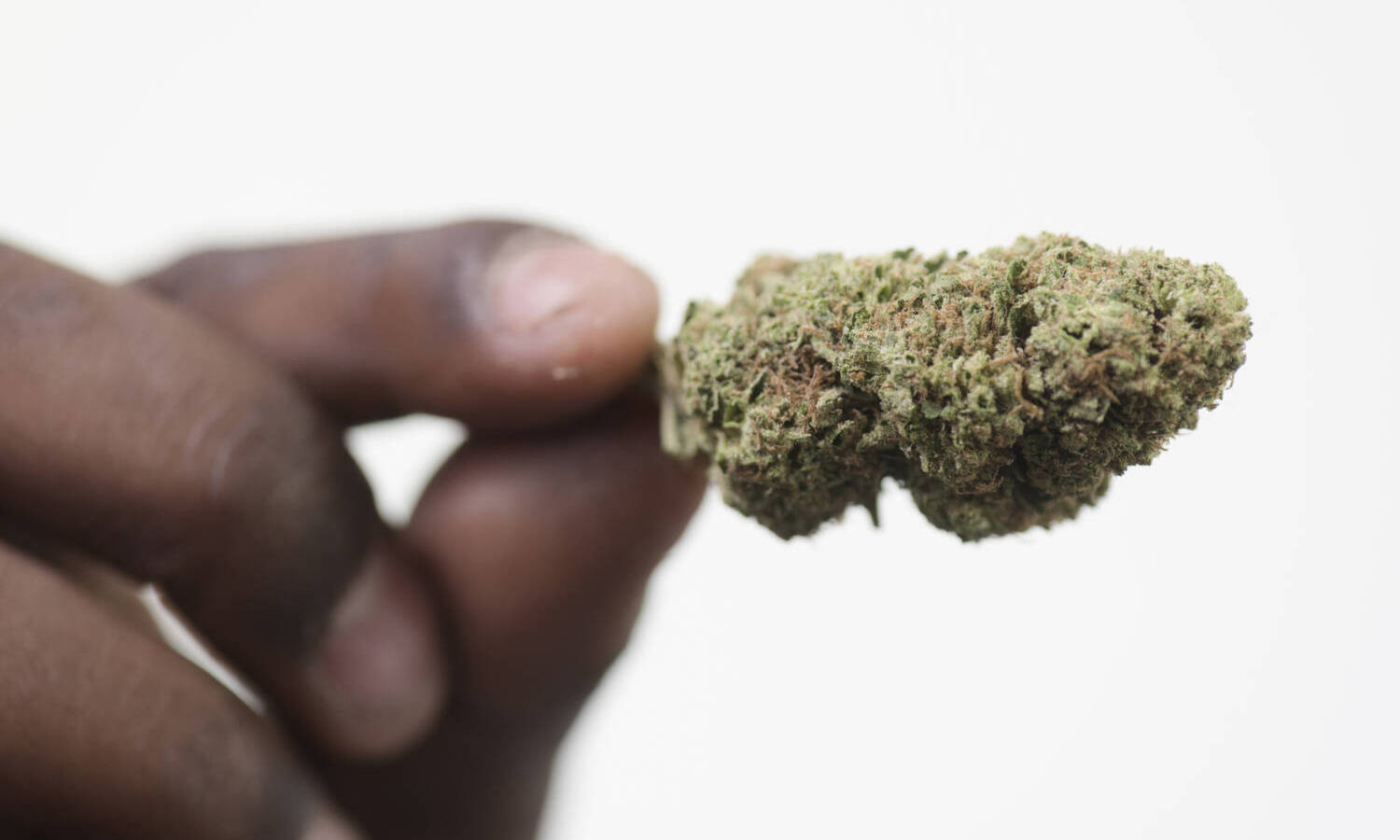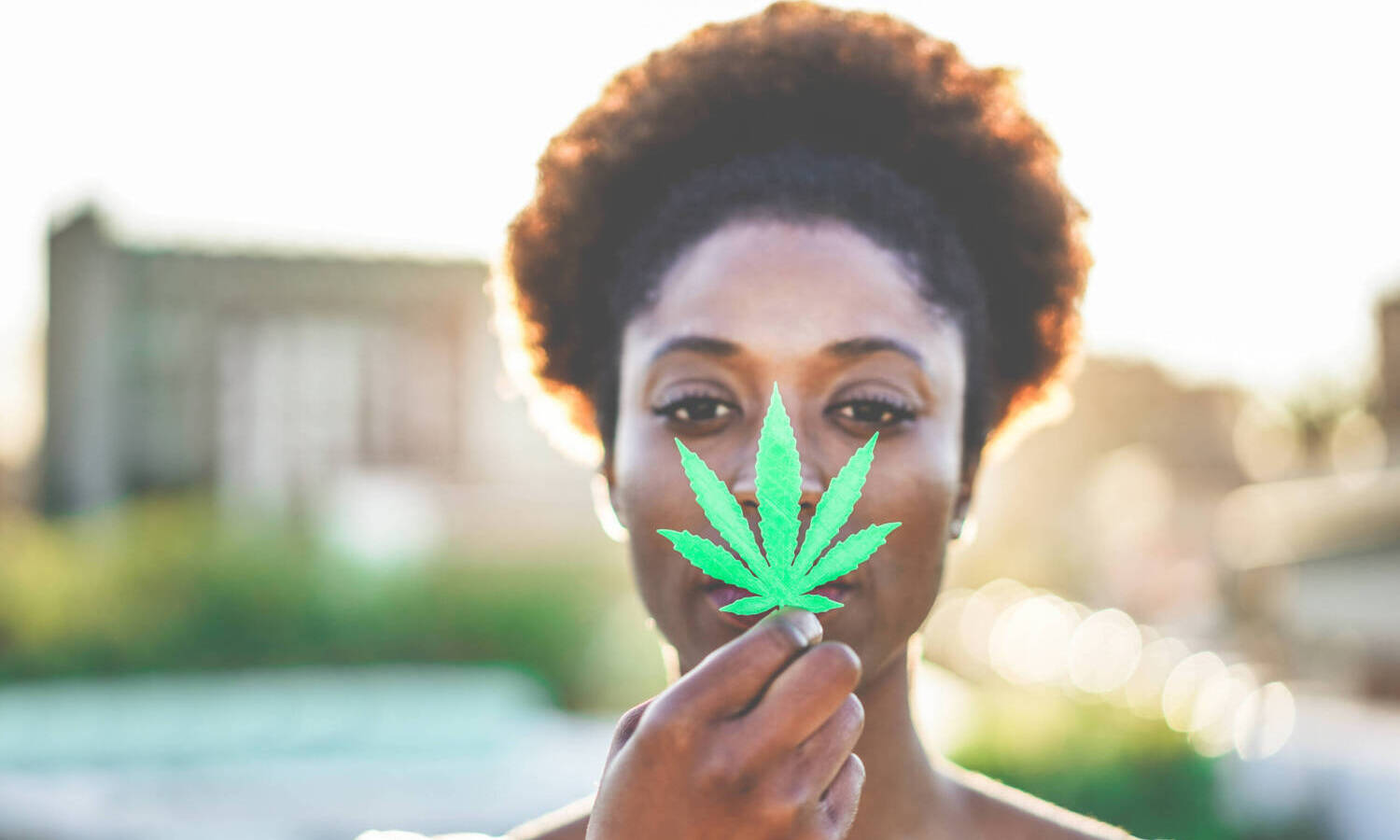
Why can’t black farmers get medical marijuana licenses in Florida?
Through
Since 2016, the Florida Legislature — through the Florida Department of Health — has issued more than two dozen medical marijuana licenses to growers looking to enter the medical marijuana (MMJ) industry. However, black farmers are still waiting for their licenses to be issued under Florida Legislature regulations.
Licenses are known to generate higher revenue for licensees. But it seems that few in Florida are counting on this advantage, a situation that is frustrating black farmers who would like to get involved in the cannabis industry.
Photo by Prostock Studio/Getty Images
RELATED: Missouri minorities fear being left out of potential state cannabis market
“The license should have been released five, now six years ago where many of the white farmers are now $150 million to $175 million ahead of the black farmers who are starting from scratch and are behind the ball again and the medical marijuana industry,” said Raymond Warthen, co-founder and president of Orlando-based Zion Infinite Farms, which applied for a license years ago. “It’s unfortunate.”
In contrast, several cannabis growers gained significant market share in Florida’s $1.2 billion medical marijuana treatment center (MMTC) industry, which is projected to reach $2 billion in annual sales by 2025.
“The 14 active MMTC license holders operate 347 dispensaries, three of which – Trulieve, Surterra, Curaleaf (OTC: CURLF) – control more than two-thirds of the market,” according to a report published in June 2021.
According to the Department of Health’s Office of Medical Marijuana Use, “the top six medical marijuana treatment centers account for nearly 90% of all sales.” In addition, there are 22 licensed treatment centers.
“The laws are too narrowly focused for us to get into the business, with the vertically integrated business requirement from seed to sale being one of the big ones,” said John Allen, a black farmer and president of FTG Development Inc licensed nursery in Cape Coral for over 38 years and a license applicant for a medical marijuana treatment center in Florida.
Is this obstacle related to financial hurdles?
“That $146,000 label (application fee) is also a fraction of the total cost,” said Roz McCarthy, director of Minorities for Medical Marijuana (M4MM) in Orlando. “Attorney’s fees, hiring technical writers and consultants, and sourcing real estate for cultivation, processing, and dispensing sites could net applicants at least half a million dollars.”
However, as farmers spoke out and pointed out the unfair and discriminatory treatment, Florida Department of Health officials opened a new round of applications. Although the application framework – last March – was only open to litigants from Pigford Black farmers.
 Photo by DisobeyArt/Getty Images
Photo by DisobeyArt/Getty Images
RELATED: Report: Women and minorities are still grossly underrepresented in the cannabis industry
Black farmers in Florida who were part of Pigford v. Glickman (USDA) are too old to be back in business. They also lack the financial means or died before the license could be issued. Also, the licensee would have to defend against, for example, multi-state giants like Trulieve Cannabis Corp. line up
John Allen is one of 12 black farmers who have applied for licenses and is waiting for the Florida legislature to provide them with information and good news to further their businesses.
This article originally appeared on Benzinga and has been republished with permission.

Post a comment: